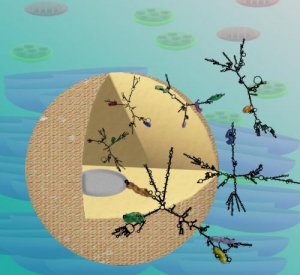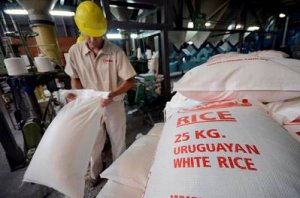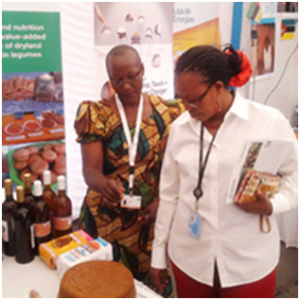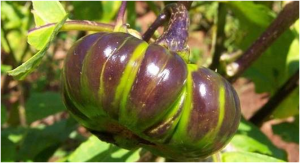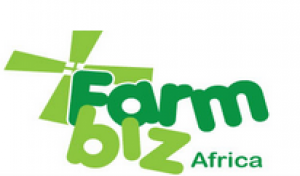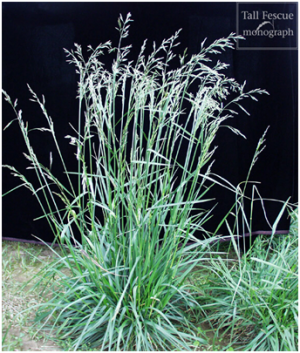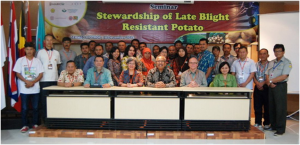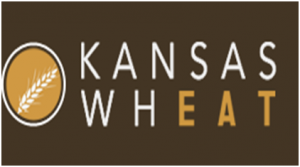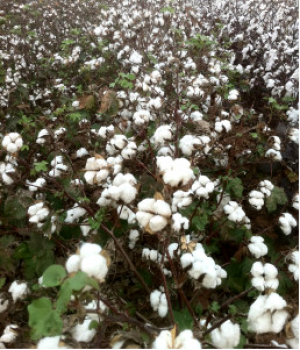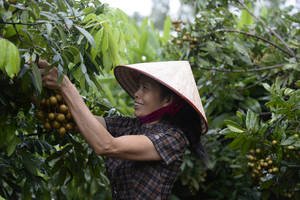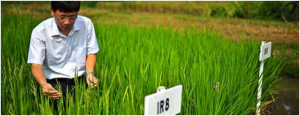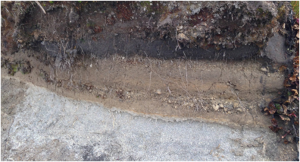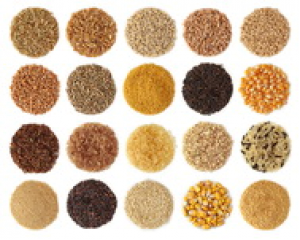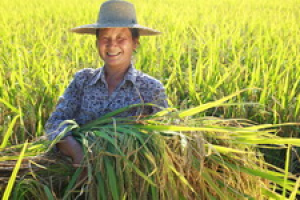|
New online tool to better safeguard animal genetic resources launched
Thursday, 2017/11/30 | 08:00:56
|
Revamped global database includes new indicators to assess the risk of extinction of breeds
Figure: Data provided by the new system is crucial to safeguard livestock diversity. A girl taking the animals back from a day on the fields in Cambodia.
FAO 29 November 2017, Rome - A new FAO database launched today will help countries to better monitor, survey and effectively manage their animal genetic resources, allowing for early warning of the threat of extinction.
The Domestic Animal Diversity Information System (DAD-IS) is the most complete source of global information on animal genetic diversity to date.
The biodiversity of around 40 animal species that have been domesticated for use in agriculture and food production is vital to food security and sustainable rural development. Many locally adapted breeds, some of which are threatened with extinction, have characteristics that make them resilient to climatic stress, diseases and parasites. Over the years, they have adapted to their environments characterized by harsh conditions.
The revamped version of DAD-IS includes new indicators to monitor the risk of extinction of breeds indicating those that are at risk and need urgent intervention.
The system boasts a new user-friendly interface, provides faster access to required information through a set of filters, and for the first time includes tools to monitor the progress towards achieving the relevant Sustainable Development Goals (SDGs).
The database is a result of three decades of collecting national data from 182 countries. Currently, it contains data on almost 9 000 breeds of livestock and poultry, including breed characteristics, information on distribution and demographics and more than 4 000 images.
DAD-IS is an essential tool for planners, decision makers and scientists to analyze trends, make informed decisions and forecasts, support the development and implementation of international agreements including the Global Plan of Action for Animal Genetic Resources, as well as national policies and strategies for the management of animal genetic resources. Bridging the information gapFAO estimates that more than 25 percent of the world's local farm animal breeds are currently at risk of extinction. The examples include the Inyambo cattle in Rwanda, the H'mong pig in Vietnam, the Criollo Uruguayo sheep in Uruguay or the Limiá cattle in Spain.
"DAD-IS is a very powerful tool to inform policy-makers on potential risks, but a system is only as good as its content," said Roswitha Baumung, FAO Animal Production Officer. "There is still a big data gap. For almost two thirds of the world's livestock and avian breeds no information has been made available to monitor their extinction risk".
"There are many reasons for this. Some countries may have not collected the relevant data, while others may have not nominated a National Coordinator for the management of animal genetic resources who is responsible for entering those data into DAD-IS. We would like to use this momentum to urge countries to provide information on farmed animals, using the new tool we are launching today. This data is crucial to safeguard livestock diversity and contributes to feeding the growing world's population in the future," she added.
|
|
|
|
[ Other News ]___________________________________________________
|


 Curently online :
Curently online :
 Total visitors :
Total visitors :
(48).png)
